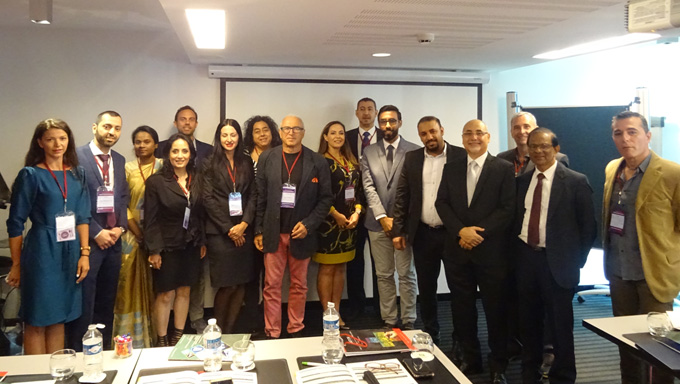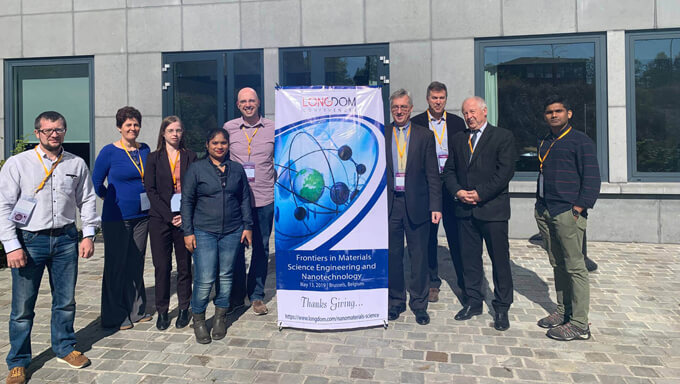







Interventional Cardiology can be defined as an area of medicine within the subspecialty of cardiology that uses specialized imaging and other diagnostic techniques to evaluate blood flow and pressure in the coronary arteries and chambers of the heart, as well as technical procedures and medications to treat abnormalities that impair the function of the cardiovascular system. It deals specifically with the catheter-based treatment of heart diseases.
Pediatric cardiology deals with diseases of the heart in the growing and developing individual. As well as expertise in heart disease, pediatric cardiologists also need thorough training in general pediatrics, in order to provide all-around patient care. The initial valuation performed by the paediatric cardiologist might start with a physical examination using a stethoscope, after which more detailed investigations may be suggested.
Structural heart disease is also, known as the problem with the tissues or valves of the heart, and most structural heart diseases are genetic, which means present at birth. Some structural heart disease will develop later in life. There are many kinds of structural heart diseases, but they all involve a defect or disorder in the structure of the heart tissue or valves. Heart conditions that fall in the category of structural heart disease include, Aortic valve stenosis, Atrial septal defect, and Patent foramen ovale, Heart valve disease, Mitral valve regurgitation, Left ventricular hypertrophy, Cardiomyopathy, Marfan syndrome, and Myocarditis, etc.
Preventive cardiology is the knowledge related to the prevention of cardiovascular disease, either its manifestation or its progression with the aim to avert life-threatening cardiovascular events and to reduce cardiac mortality. Preventive cardiology also calls for a different approach to our patients: it aims to influence the underlying systemic disease process of atherosclerosis, of which the acute events are just short manifestations. It focuses on the improvement of long-term outcomes rather than acute symptomatic relief and may have a greater impact on patient longevity than sophisticated interventions.
Clinical Cardiology can be defined as the branch of medicine which deals with the diagnosis and treatment of heart diseases. Cardiologists frequently specialize in interventional cardiology, cardiac electrophysiology, echocardiography, or nuclear cardiology. Each of these specialties offers unique techniques when dealing with disorders of the heart.
Heart failure inability of the heart to keep up with the demands on it and, specifically, the failure of the heart to pump blood with normal efficiency. When this occurs, the heart is unable to provide adequate blood flow to other organs such as the brain, liver, and kidneys. Heart failure may be due to failure of the right or left or both ventricles. The signs and symptoms depend upon which side of the heart is failing. They can include shortness of breath (dyspnea), asthma due to the heart (cardiac asthma), pooling of blood (stasis) in the general body (systemic) circulation or in the liver's (portal) circulation, swelling (edema), blueness or duskiness (cyanosis), and enlargement (hypertrophy) of the heart.
Cardiomyopathy refers to diseases of the heart muscle. These diseases have many causes, signs, and symptoms as well as treatments. In most cases, cardiomyopathy causes the heart muscle to become enlarged, thick, or rigid. In rare instances, diseased heart muscle tissue is replaced with scar tissue.
Cardiovascular Medicine is the most comprehensive provider of cardiovascular services specializing in the prevention, detection, management, and treatment of adult cardiovascular diseases. It is a platform for postgraduate education and scientific work in the fields of cardiology, angiology, hypertension, and cardiac and vascular surgery.
We let our ground-breaking work and our amazing clients speak for us…… LONGDOM conferences